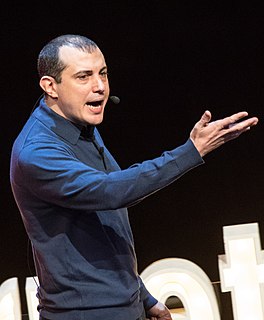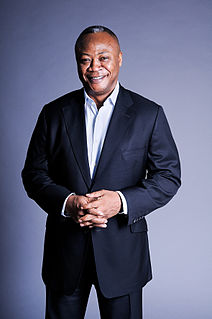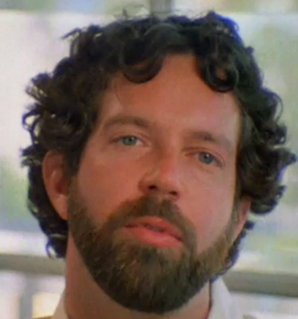A Quote by Soren Kierkegaard
During the first period of our lives the greatest danger is not to take the risk. When once the risk has been taken, then the greatest danger is to risk too much. By not risking at first one turns aside and serves trivialities; in the second case, by risking too much, one turns aside to the fantastic and perhaps to presumption.
Related Quotes
Essentially, not only do we believe in this myth of 'de-risking', but it has become the one overriding goal; de-risking above growth, de-risking above innovation, de-risking above everything else. And we've reached the point where the Fed is using $70 Billion a month to 'de-risk' a largely insolvent banking system. And this can only end badly. The idea that you can do capitalism without risk is ridiculous on its face.
To laugh is to risk appearing a fool. To weep is to risk appearing sentimental. To reach out to another is to risk involvement. To expose feelings is to risk exposing your true self. To place your ideas and dreams before a crowd is to risk their loss. To love is to risk not being loved in return. To hope is to risk pain. To try is to risk failure. But risks must be taken, because the greatest hazard in life is to risk nothing.
At the approach of danger two voices speak with equal force in the heart of man: one very reasonably tells the man to consider the nature of the danger and the means of avoiding it and the other, even more reasonable, says that it is too painful and harassing to think of the danger... better to turn aside from the painful subject till it has come, and to think of what is pleasant. In solitude a man generally yields to the first voice; in society to the second.
Do you think the people who were trying to reach to the Everest were not full of doubts? For a hundred years, how many people tried and how many people lost their lives? Do you know how many people never came back? But, still, people come from all over the world, risking, knowing they may never return. For them it is worth it - because in the very risk something is born inside of them: the center. It is born only in the risk. That's the beauty of risk, the gift of risk.







































